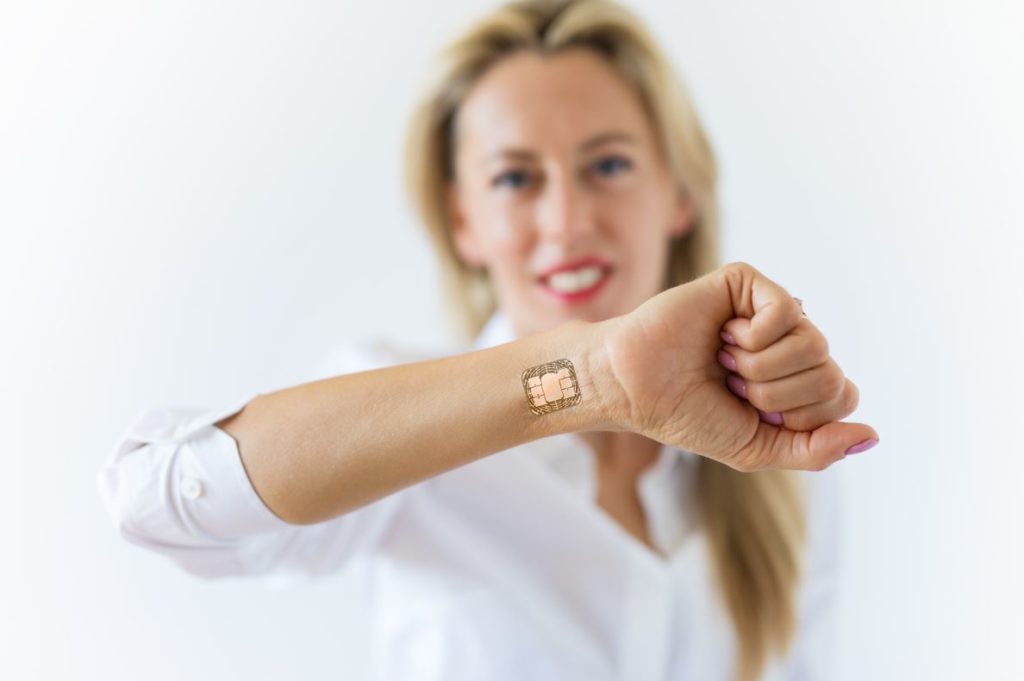
Technology expert Geoff Augutis from Queensland Computers in Bundaberg discusses the future of human microchipping, digital identity and privacy.
Whether you are boarding a plane, swiping a credit card or signing a document, these days you're just as likely to use a digital identity as anything.
The devices in our pocket are more and more becoming the “must grab” before leaving the house.
With this trend of digital identity now in full swing, it is no longer a passing phase.
It is not going to go backwards, however what does the future hold?
Many speculate the next step is some form of implant or embedded technology into our bodies.
This takes wearable tech to a whole new level, the tech that you can’t take off.
Most responsible dog owners these days have their pets microchipped.
It is a relatively inexpensive and simple procedure to help identify and track your animal. In 2020 however, the tech can do far more than just scan a barcode.
Chip technology can now enable the authorisation of credit cards, opening of locks/doors, retrieval of large amounts of information and even tracking.
With this in mind, the “chipping” of humans is fraught with ethical and privacy issues.
It would however be very convenient to know that no matter where you are, you always have your licence and method of payment.
No phones, smart watches or wallets required.
The concerns with a human microchip come when we try to understand who has access to that information, how secure it is and who can track it.
At a time where global trust in governments has been wavering, these questions would need to be answered.
There will always be a next step in technology and the trend over the past decade has been to trade privacy for convenience.
Ultimately we get to choose whether to adopt new tech, but how far is too far?
- Other tech news: How big is too big for a television?








